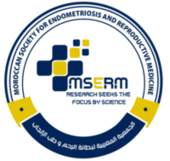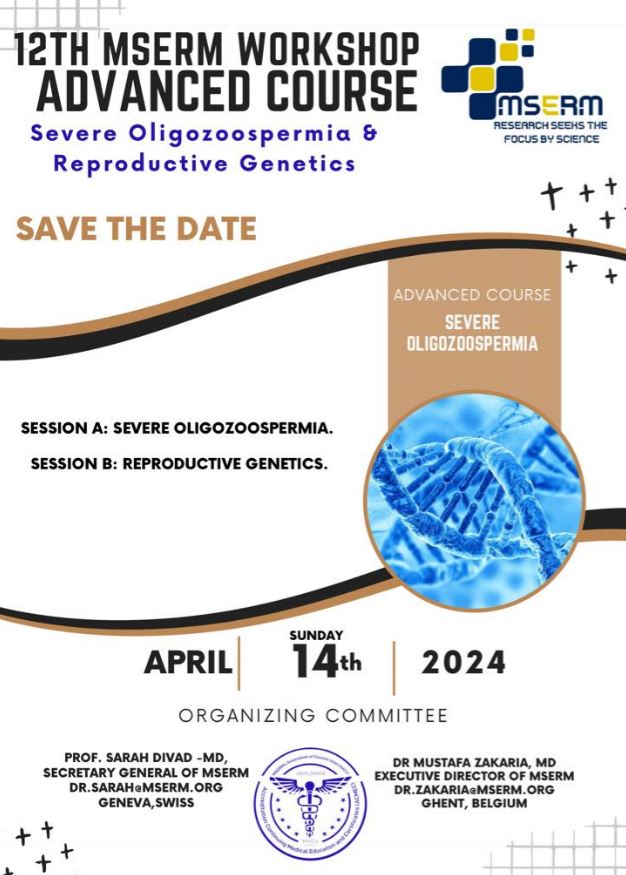Sunday, April 14th 2024
Session A: Severe Oligozoospermia
Description
The spermatogenesis is a highly biological process initiated during the embryonic development of the testis. The regulation of spermatogenesis involves both endocrine and paracrine regulators. Endocrine regulators come not only from the gonadotrophic axis but also other endocrine glands. Consequently, endocrine pathologies (acquired or congenital) can affect testicular functions. This course will address interesting questions on environmental, metabolic and endocrine factors susceptible to modulate or impair spermatogenesis and consequently male fertility.
Target audience
Andrologists, Urologists, Embryologists, Reproductive Endocrinologists, Pediatric Endocrinologists, Clinicians in Reproductive Medicine, Basic scientists in Reproductive Medicine and Reproductive Geneticists
Educational needs and expected outcomes
At the end of the course, the participants should be able to:
- Understand the physiology and physiopathology of the testis development
- Acquire knowledge on congenital endocrine diseases that can impair semen parameters and male fertility
- Acquire knowledge on acquired endocrine disease that can impair semen parameters and male fertility
- Summarize the potential interventions to assist infertile males with endocrine disease.
Session B: Reproductive Genetics.
Description
The advanced course will enhance knowledge on the fundamental means of gamete production, with a focus on human gametes and aspects of interest to the fertility specialist. Participants will have the opportunity to discuss and require a basic knowledge on : the main stages and genetic consequences of meiosis, the genetic basis and differences between male and female meiosis, the genetic causes and effect of meiotic errors, the diagnostic tools towards the detection of DNA damage, the relevance between meiosis and fertility.
Target audience
Gynecologists, embryologists, geneticists, reproductive researchers
Educational needs and expected outcomes
By attending the course, participants are expected to learn:
- Male and female meiosis and their genetic;
- DNA damage in gametes, detection and repair;
- Primordial germ cells ontogeny and genomic reprograming;
- Genome diversity and instability in human germ cells and preimplantation embryos;
- Genetic causes of isolated infertility characterized by oocyte/embryo developmental arrest.
The virtual MSERM Summit April 12, 2024 will start in ONE day. Please join the 12th MSERM workshop.
Workshop registration cost: 15 Euro
ORGANIZING COMMITTEE:
PROF. SARAH DIVAD – MD, SECRETARY GENERAL OF MSERM
[email protected]
GENEVA,SWISS
DR MUSTAFA ZAKARIA, MD
EXECUTIVE DIRECTOR OF MSERM
[email protected]
GHENT, BELGIUM

